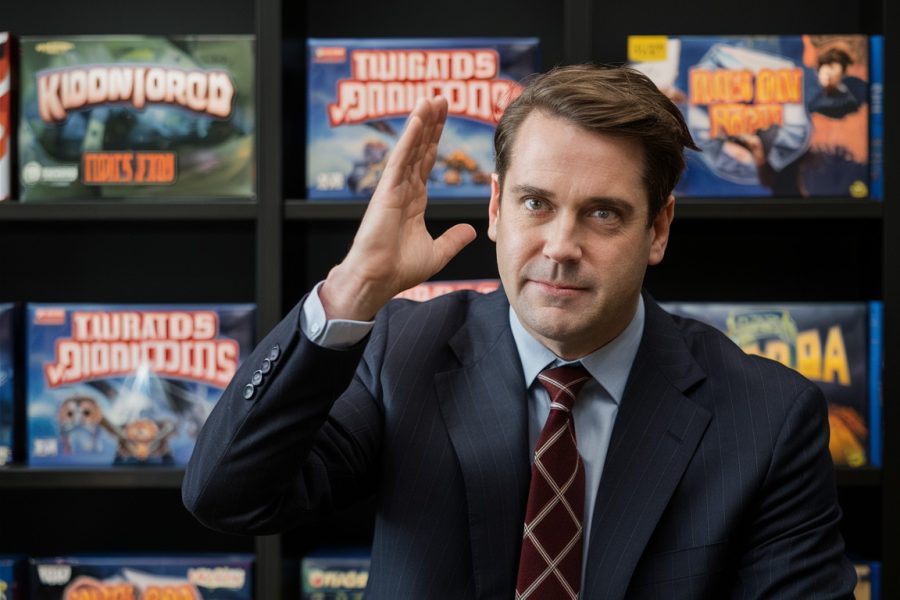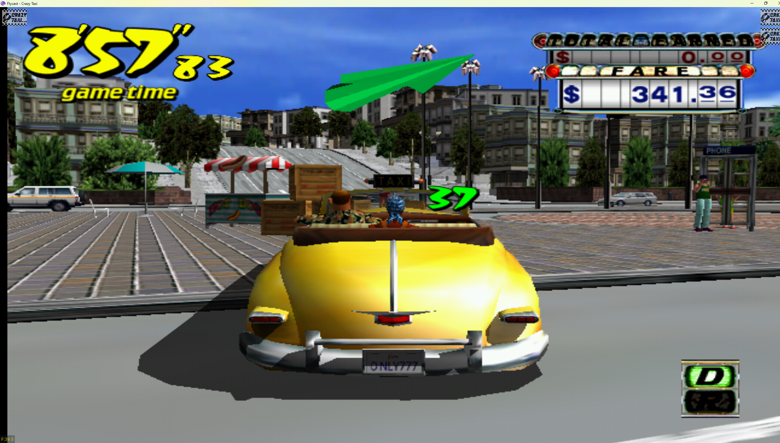The Electronic Software Association, the main lobby for the video games in the United States, remains flatly uninterested in helping any video game preservation efforts. On Thursday, an ESA lawyer told a rulemaking hearing of the U.S. Copyright Office his group’s membership doesn’t support any exceptions to U.S. copyright law that would aid preservation efforts.
ESA lawyer Steve Englund told the panel that the ESA is still firmly opposed to allowing libraries to preserve older video games. Video game preservationists have lobbied for exceptions to copyright law that would allow for scholarly or educational access to video games. The ESA’s ongoing concern is that civilians would access these games, whether for their own private collections, or to share them with others in violation of the Digital Millennium Copyright Act.
Englund said there exists no “combination of limitations [the ESA] would support to provide remote access.” (via GameDeveloper.com.) His remarks came at a hearing on Thursday. Video game preservation advocate Phil Salvador posted a Twitch stream of the hearing to Bluesky the same day.
Salvador is the librarian for the Video Game History Foundation, a nonprofit established in 2017 to document the medium’s history and preserve its works, particularly older or rarer titles. The VGHF library, based in California, maintains a digital library, which includes printed matter that documents the history of video gaming and its culture.
At the hearing, Salvador said that public libraries either lack the interest or the resources in maintaining and hosting these kinds of digital collections. He estimated that fewer than 10 are doing so now.
That came in response to a suggestion from Englund that university libraries would be an appropriate repository for games preservation and access, with an application process for researchers to come study them. But Englund said that even holding these materials in a physical location, with access managed on-site, still presents concerns for ESA members.
Kendra Albert, of Harvard University’s Cyberlaw Clinic, criticized the ESA’s stance and said the organization makes no good faith effort to meet preservationists halfway toward a worthy research goal.
In a statement the clinic published on Friday, it argued that “opposition comments provided no significant rebuttals.
“The clinic argued that the restrictions it proposed were sufficient to ensure that uses of preserved video games are non-infringing and, based upon statements from two major re-release companies, that the market for retro games would not be harmed by the kinds of access that preservation institutions are likely to provide,” the statement said.
Games preservation is vastly unsupported, study says
In July 2023, Salvador and the VGHF published a study that said 87 percent of video games released in the United States before 2010 haven’t been preserved in any meaningful way.
“Since 2015, libraries, museums, and archives in the United States have been petitioning the Copyright Office for new exemptions that would make it easier for them to preserve games and make those games available to researchers,” the study said. “Each time, game industry lobbyists have opposed these new exemptions.”
The U.S. Copyright Office considers new rules and exemptions to existing laws about every three years, with public comment and hearings guiding that discussion. Changes, if any are forthcoming, would probably be announced in the fall.


















